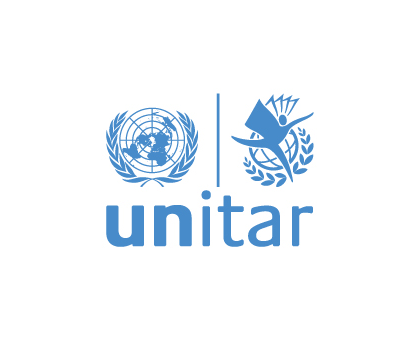
CIFAL Dakar - Negociation technique
Negotiation probably offers the most powerful means of resolving conflicts and optimising exchanges. In the first case, it prevents the value from being destroyed (waste of time, loss of money, social costs, etc.) and in the second case, it directly creates value (in principle, each party who signs a contract makes a profit). Negotiation can be used when two or more parties have interests that are neither completely divergent nor completely convergent, and they have the choice of whether or not to cooperate. Negotiation has now become central to most organisations (economic, political, social, etc.). It is a skill that is increasingly recognised and sought after because it is essential and cross-cutting in the business world.
The tools used in negotiation are often the same, whatever the type of negotiation: business negotiations (international contracts conducted by large companies or “simple” commercial contracts, etc.), negotiations sensitive (hostage-taking managed by RAID or GIGN, mergers and acquisitions carried out by business firms, etc.), salary negotiations (salaries, bonuses, training, etc.). It is customary to say that 80% of the success of a negotiation is the result of good preparation; that is why we offer this training to elected officials and executives of local authorities to prepare them well, with, in particular, applications to negotiations in organizations. All negotiation is done through techniques but also psychology, behaviours and emotions. This is why all the tools we present are structured around all these dimensions.
The course aims to enable participants To conduct negotiation.
At the end of the training, participants will be able to:
- Methodically conduct a negotiation interview;
- Know how to confront divergent points of view while remaining constructive;
- Analyze a negotiation situation and construct an adapted tactic depending on the issue, the objective and the interlocutor;
- Achieve a solution deemed satisfactory by both sides, even having made concessions.
- Participants know how to conduct negotiations
The course is divided into parts:
Theory:
- What is negotiation?
- Objective of a negotiation
- Different types of negotiations
- Negotiation styles
Practice:
- Stages of a negotiation
- Preparing for a negotiation
- The method
This training will be based on a review of the literature and above all 2 key references on the subject as well as the trainers personal experience as a negotiator (around twenty agreements). We will present concrete examples that will illustrate the methods to favor or avoid for different types or styles of negotiations.
To better illustrate the process, we will look at Canadian or international examples. Two to three days will be devoted to practical exercises on negotiation.
The course targets Elected officials and city executives

